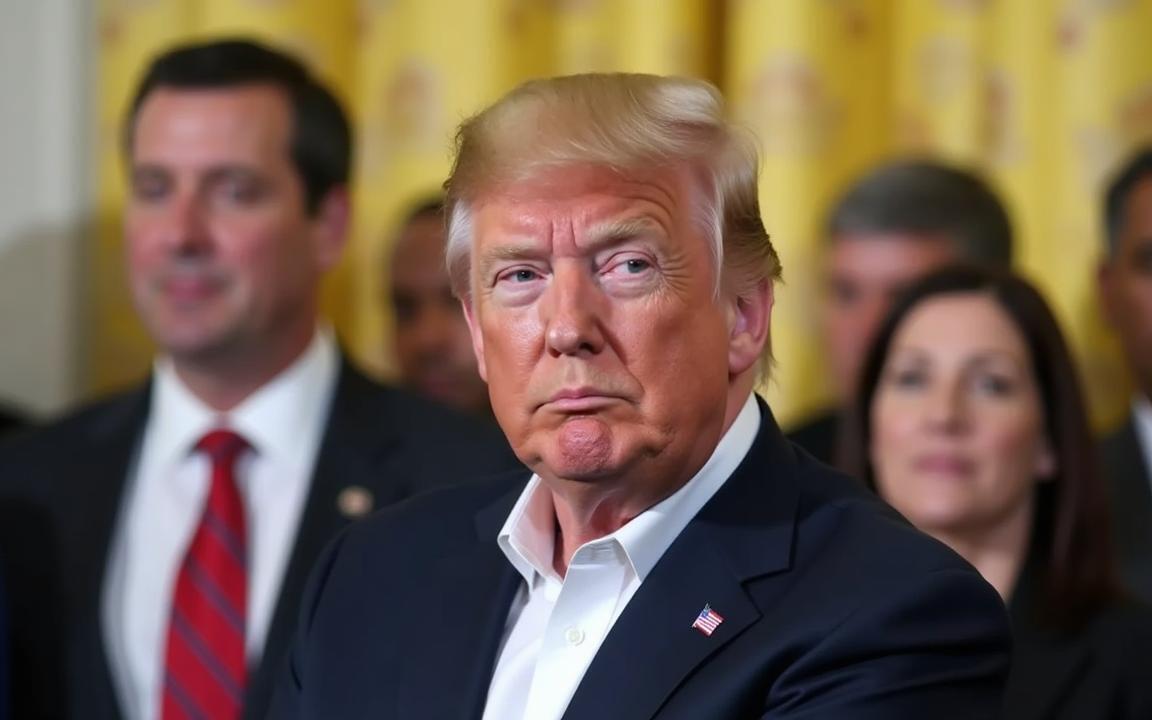US President Donald Trump has sent fewer market-moving social media posts since his re-election compared to his first term, according to a study by JPMorgan quoted in a Reuters report.
The bank’s analysts found that only 10% of his 126 posts on trade tariffs, foreign relations, and economic policies have had a clear impact on currency markets.
Fewer market-moving posts, but activity increasing
Trump’s market-moving posts have picked up recently, with over 20 posts last week on key economic topics—double January’s average.
However, this remains well below the 60-per-week peak seen during his 2018–19 trade disputes with countries like Mexico.
JPMorgan noted that Trump’s posts about tariffs have been the most influential, with nearly one-third of them causing market fluctuations.
The biggest impact was seen earlier this month when Trump announced 25% tariffs on Mexico and Canada, triggering a 2% drop in the Mexican peso and a 1% decline in the Canadian dollar—before postponing the move two days later.
Posts regarding China have had mixed effects. The yuan weakened after Trump threatened tariffs over Fentanyl supply but later rebounded in mid-January when he described a “very good” phone call with Chinese President Xi Jinping.
Trading on Trump’s posts hasn’t been profitable
Despite the market reactions, JPMorgan’s backtesting suggests that trading on Trump’s posts hasn’t been highly profitable.
The study found that strategies such as buying the US dollar against a basket of G10 high-beta currencies or the most impacted currency for 5 to 180 minutes after each post resulted in disappointing returns, with gains not exceeding 4% even under optimistic assumptions.
Trump’s recent posts stirs controversy
While Trump’s posts may not have had a great impact on markets, they have more often than less created controversies.
The latest in this was a post where the president quoted Napolean Bonaparte.
Donald Trump posted, “He who saves his Country does not violate any Law,” on his social media platform, Truth Social, as well as on Elon Musk’s X (formerly Twitter) on Saturday.
The White House’s official X account also shared the message alongside Trump’s presidential photograph.
A version of this phrase is often attributed to Napoleon Bonaparte, the French general who declared himself emperor in 1804 and was known for his authoritarian rule.
The remark has drawn criticism from Democrats and liberal commentators. Sen. Adam Schiff (D-Calif.) responded on X, saying, “Spoken like a true dictator.”
New York Times columnist Jamelle Bouie called it “the single most un-American and anti-constitutional statement ever uttered by an American president” on the social media platform Bluesky.
Even some conservatives critical of Trump have voiced concern. Anthony Scaramucci, who briefly served as White House communications director before becoming an outspoken critic, reposted Trump’s statement with the comment: “Wants to be a dictator. If you don’t see it, it means you don’t want to.”
The post Are President Trump’s posts moving markets? Study shows not a lot appeared first on Invezz

